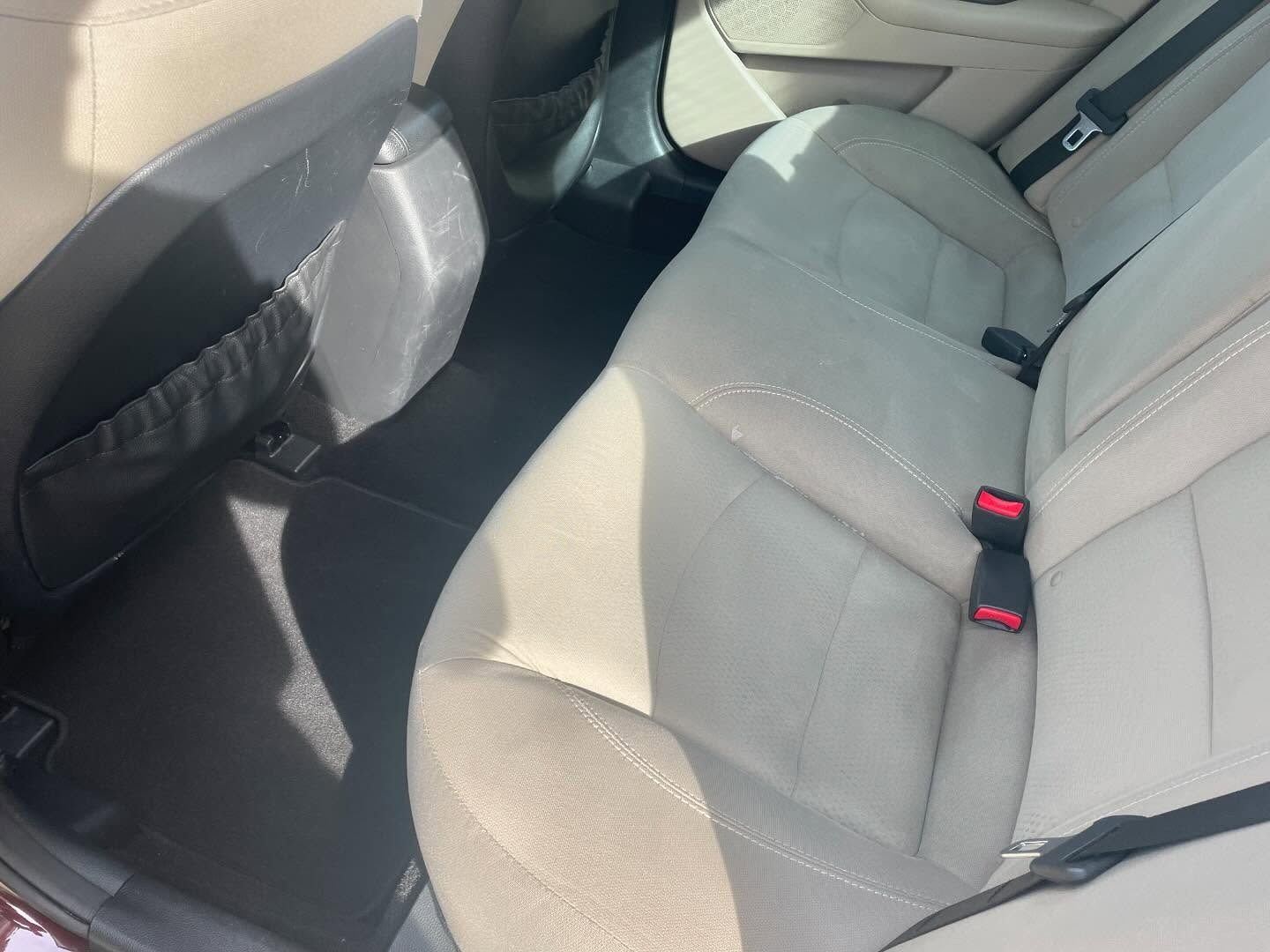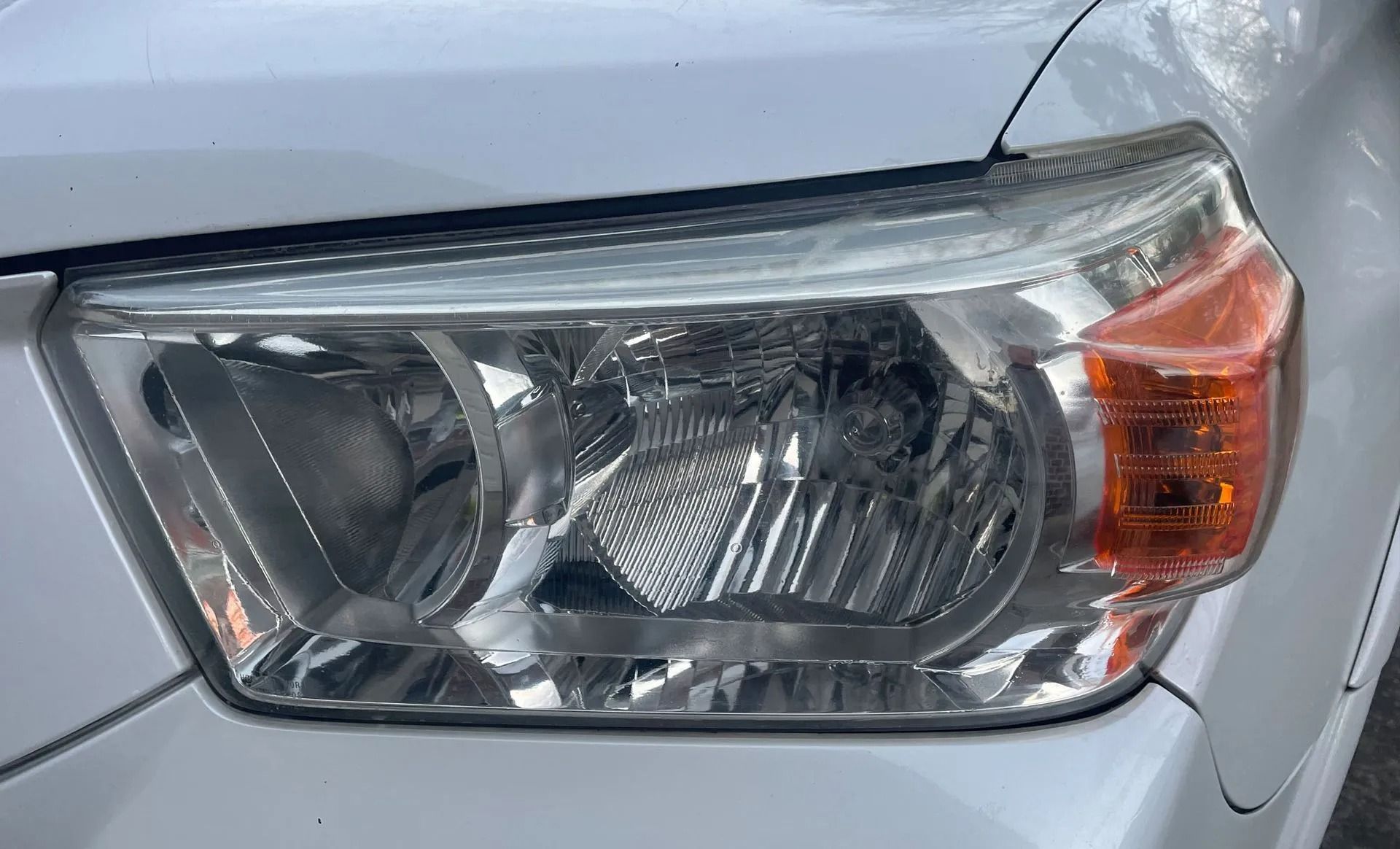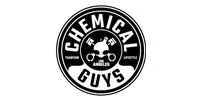May 27, 2025
Save Your Money in the Long Run
Many car owners think of detailing as a luxury, not a necessity—but skipping it can cost more in the long run. Regular
detailing is more than just making your car look clean; it protects your investment. When detailing is ignored, dirt, grime, and contaminants slowly break down your car’s surfaces.
Your paint job suffers first. Without proper washing and waxing, road salt, bird droppings, and UV rays begin to eat away at the clear coat. Over time, this leads to fading, oxidation, and expensive repainting.
The interior takes a hit, too. Dust, crumbs, and spills left unchecked can stain carpets, wear down fabrics, and damage electronics. Leather seats crack faster, and cloth interiors trap odor and bacteria.
Neglecting regular cleaning also affects
resale value . A dirty, worn-out car is harder to sell and will fetch a lower price. Prospective buyers notice when a vehicle hasn’t been cared for. Skipping detailing also increases
maintenance costs . Clogged air vents, dirty sensors, and even scratched windows can all be prevented with routine care. In some cases, costly repairs could have been avoided with simple upkeep.
There’s also the
emotional cost . Driving a clean car just feels better—it boosts your mood, confidence, and pride of ownership. You’re more likely to take care of something that looks great. Detailing also improves
safety by ensuring headlights, mirrors, and windows stay clean and clear. Poor visibility can lead to accidents, which no one wants.
In short, avoiding car detailing might seem like a way to save money—but it actually costs you more. Investing in regular professional detailing helps preserve your car’s appearance, value, and condition. It’s a small cost now that prevents bigger ones later.









